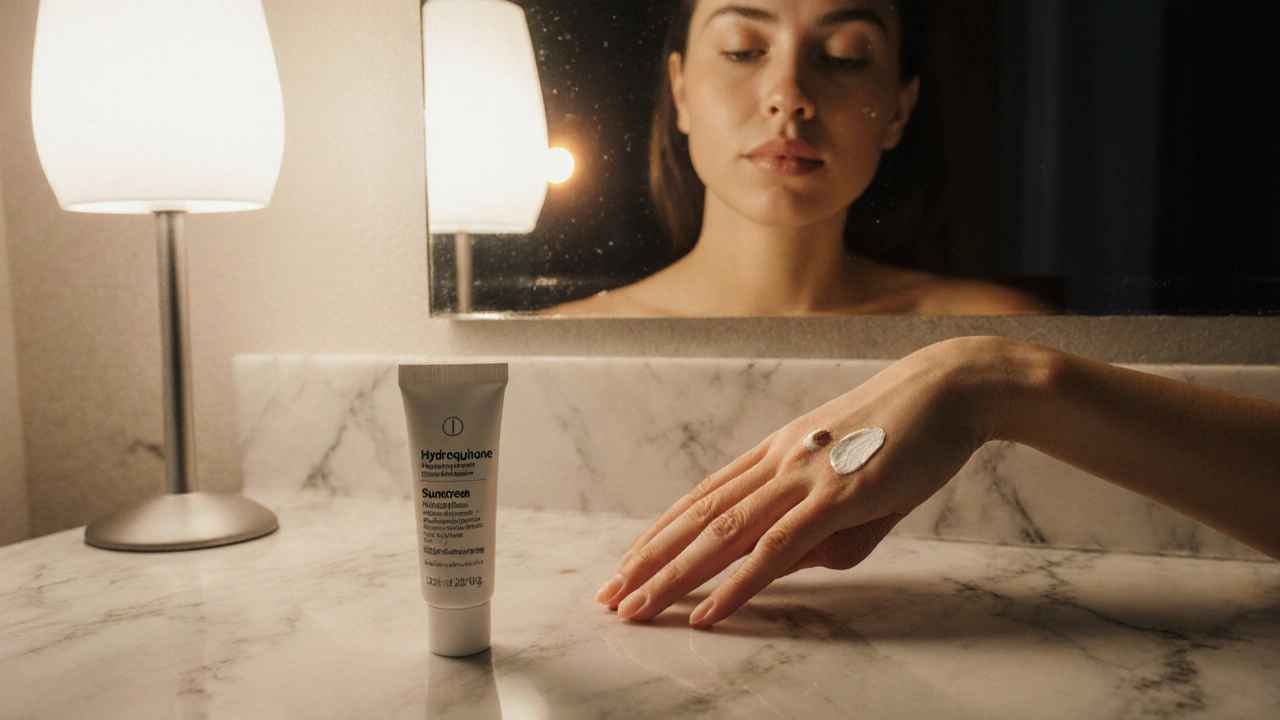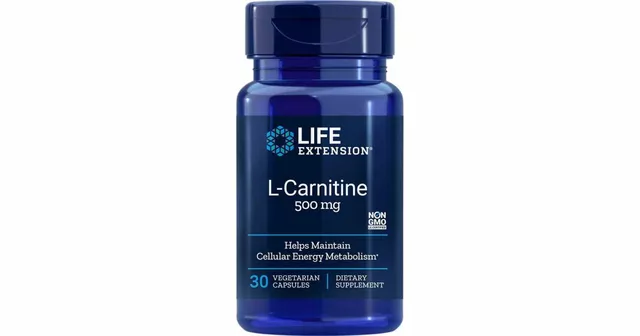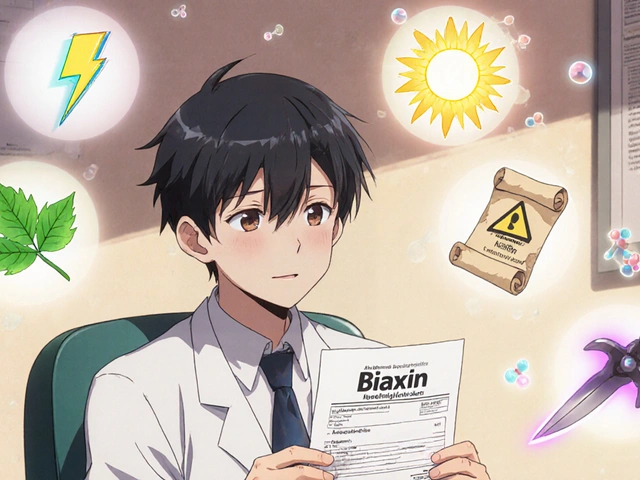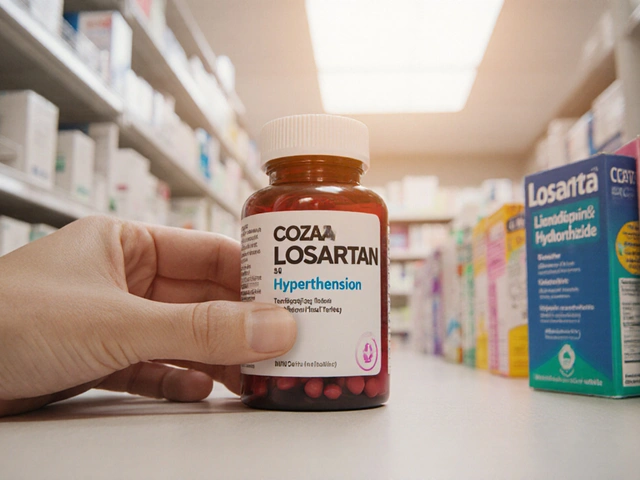Dissolution Testing: How the FDA Ensures Generic Drug Quality
February 1 2026Hyperpigmentation Treatment: Effective Options and What Actually Works
When your skin develops dark spots that won’t fade, it’s not just a cosmetic issue—it’s a sign your skin’s melanin production is out of balance. Hyperpigmentation, a common skin condition where patches of skin become darker than surrounding areas due to excess melanin. Also known as skin discoloration, it shows up as sun spots, melasma, or dark marks left after acne heals. This isn’t just about aging or sun damage—it can be triggered by hormones, inflammation, or even certain medications. If you’ve tried random creams and nothing changed, you’re not alone. Most people waste time on products that don’t touch the root cause.
There are different types of hyperpigmentation, and each needs a different approach. Melasma, a stubborn form often linked to hormonal shifts like pregnancy or birth control. Also known as the mask of pregnancy, it shows up as symmetrical brown patches on the face. Then there’s post-inflammatory hyperpigmentation, dark spots left behind after acne, eczema, or cuts heal. Also known as PIH, it’s the most common type in darker skin tones. Treating them the same way won’t work. Melasma needs sun protection and hormonal awareness. PIH responds better to gentle exfoliation and anti-inflammatory ingredients. Skip the harsh scrubs—they make it worse.
What actually helps? Topical treatments with proven ingredients like hydroquinone, azelaic acid, niacinamide, and vitamin C. These aren’t magic, but they slow down melanin production and fade spots over time. Sunscreen isn’t optional—it’s the most important step. UV exposure reactivates dark spots, no matter how good your cream is. Some people turn to chemical peels or laser treatments, but those carry risks if not done right. Always talk to a dermatologist first. You don’t need to spend hundreds on luxury brands—many effective options are affordable and available over the counter.
There’s a lot of noise out there. DIY remedies like lemon juice or apple cider vinegar? They can burn your skin and make hyperpigmentation worse. Brightening serums that promise overnight results? Usually just temporary surface effects. Real progress takes weeks, sometimes months. The key is consistency, not quick fixes. And if you’re dealing with hormonal triggers, managing those is just as important as what you put on your skin.
Below, you’ll find real comparisons and practical guides on treatments that work—whether it’s topical options, how to pair them with your skincare routine, or what to avoid when you have sensitive skin. No theory. No hype. Just what people have tried, what stuck, and what didn’t.
 12 Oct
12 Oct
Melalite Forte Cream vs. Top Alternatives: Hydroquinone Spot Treatment Showdown
Explore how Melalite Forte Cream stacks up against top dark‑spot alternatives, covering effectiveness, safety, price, and best‑fit scenarios for every skin type.
Read More...




